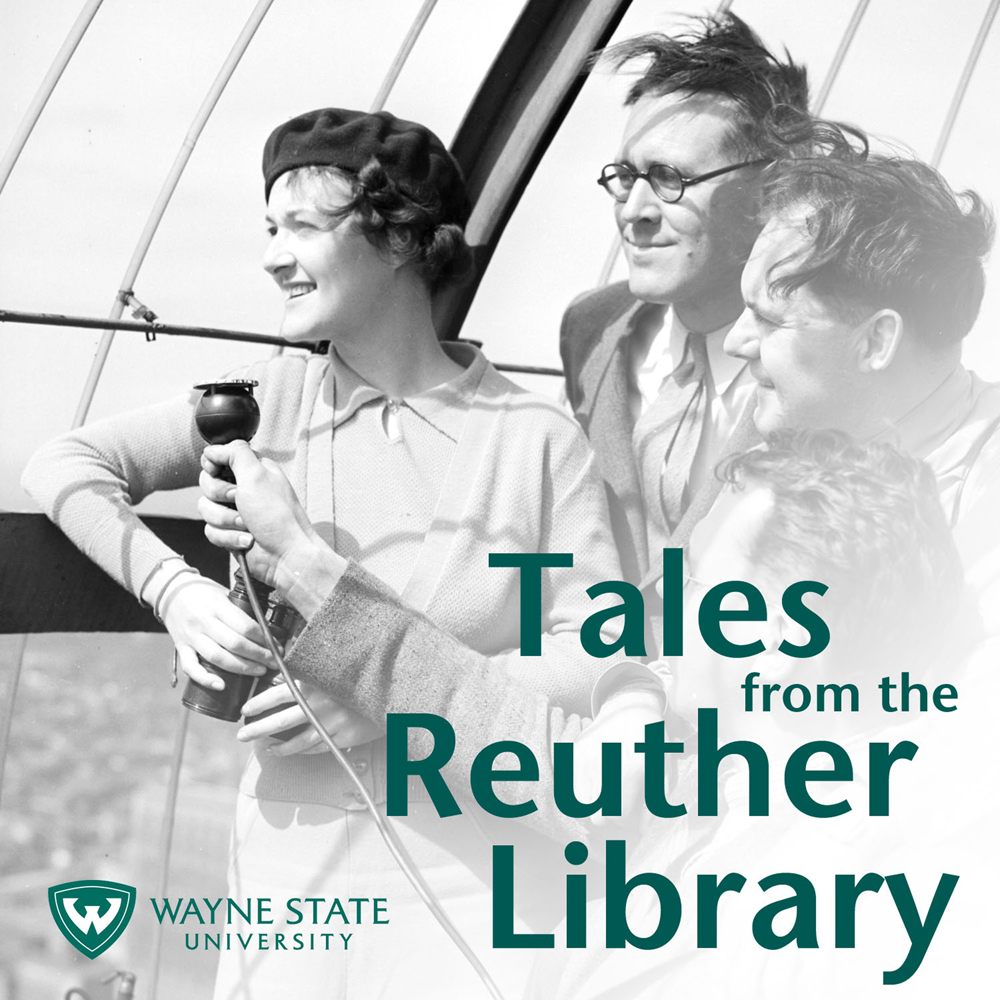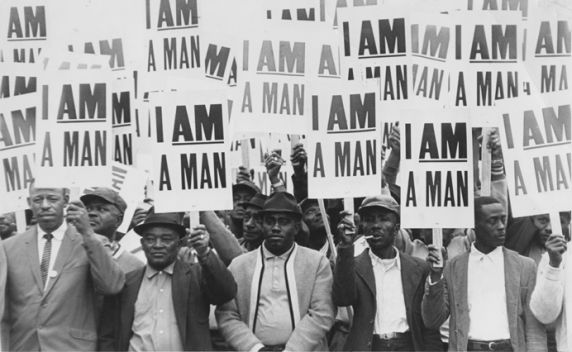John Fabian Witt recounts how in the 1920s and 1930s Charles Garland donated his million-dollar inheritance to the American Fund for Public Service, or Garland Fund, to support progressive causes and organizations he believed could challenge inequality and reshape capitalism and democracy in America.
Dr. Witt is a Professor of History and the Allen H. Duffy Class of 1960 Professor of Law at Yale University and author of The Radical Fund: How a Band of Visionaries and a Million Dollars Upended America.
Related Resources:
The Radical Fund: How a Band of Visionaries and a Million Dollars Upended America
Related Collections:
Brookwood Labor College Records (LR000567_BLC)
John and Phyllis Collier Papers (LP000141)
Richard W. and Constance Cowen Papers (LP000924)
Henry Richardson Linville Papers (LP000373)
UAW President’s Office: Walter P. Reuther Records (LR000261)
Episode Credits
Interviewee: John Fabian Witt
Producers: Dan Golodner and Troy Eller English
Music: Bart Bealmear
Podcast: Play in new window | Download | Embed
Subscribe: Apple Podcasts | Spotify | Android | Podchaser | RSS | More

